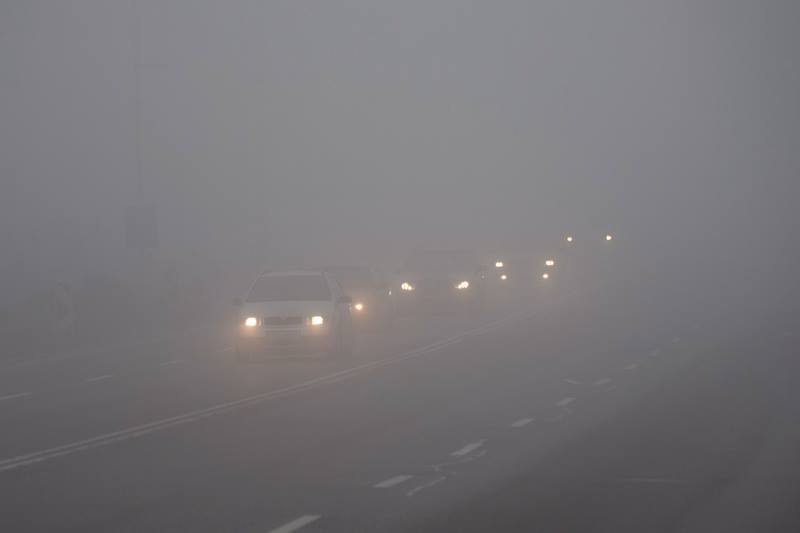Use Intermountain Connect Care®
Learn More.
How can we help?

Researchers at Intermountain Medical Center are conducting a randomized controlled clinical trial to determine whether use of a high-efficiency personal (HEPA) filter reduces respiratory symptoms in at-risk patients during inversions.
Researchers are looking to enroll people who are former smokers, have worsening breathing symptoms during inversions and periods of poor air quality, and have internet access at home.
In addition, researchers will look at participant’s activity (such as daily step counts), medication use, hospitalizations and other health outcomes that may affected by using a high efficiency air filter. They will also use personal indoor and outdoor air quality monitors to determine the effect of personal air filters on particulate concentration in the home, especially during periods of inversion.
“As a pulmonologist, I see my patients’ lung disease worsen every winter,” says Denitza Blagev, MD, pulmonologist and respiratory researcher at Intermountain Medical Center. “They often complain of worsening shortness of breath, chest tightness, or cough during the inversions. On the inpatient side, we see an increase in hospital and ICU admissions during the winter and during periods of bad air quality. We’re interested in learning how to better help people with lung disease protect themselves from the effects of poor air quality.”
If you are interested in participating in the Intermountain Medical Center study, please contact the research team at filter@imail.org or call 801-507-4606 to see if you are eligible to participate in this study.
Do you have breathing problems that worsen during periods of inversions and poor air quality? If so, you may qualify for a study at Intermountain Medical Center to determine whether high-efficiency home air filters can reduce respiratory symptoms.